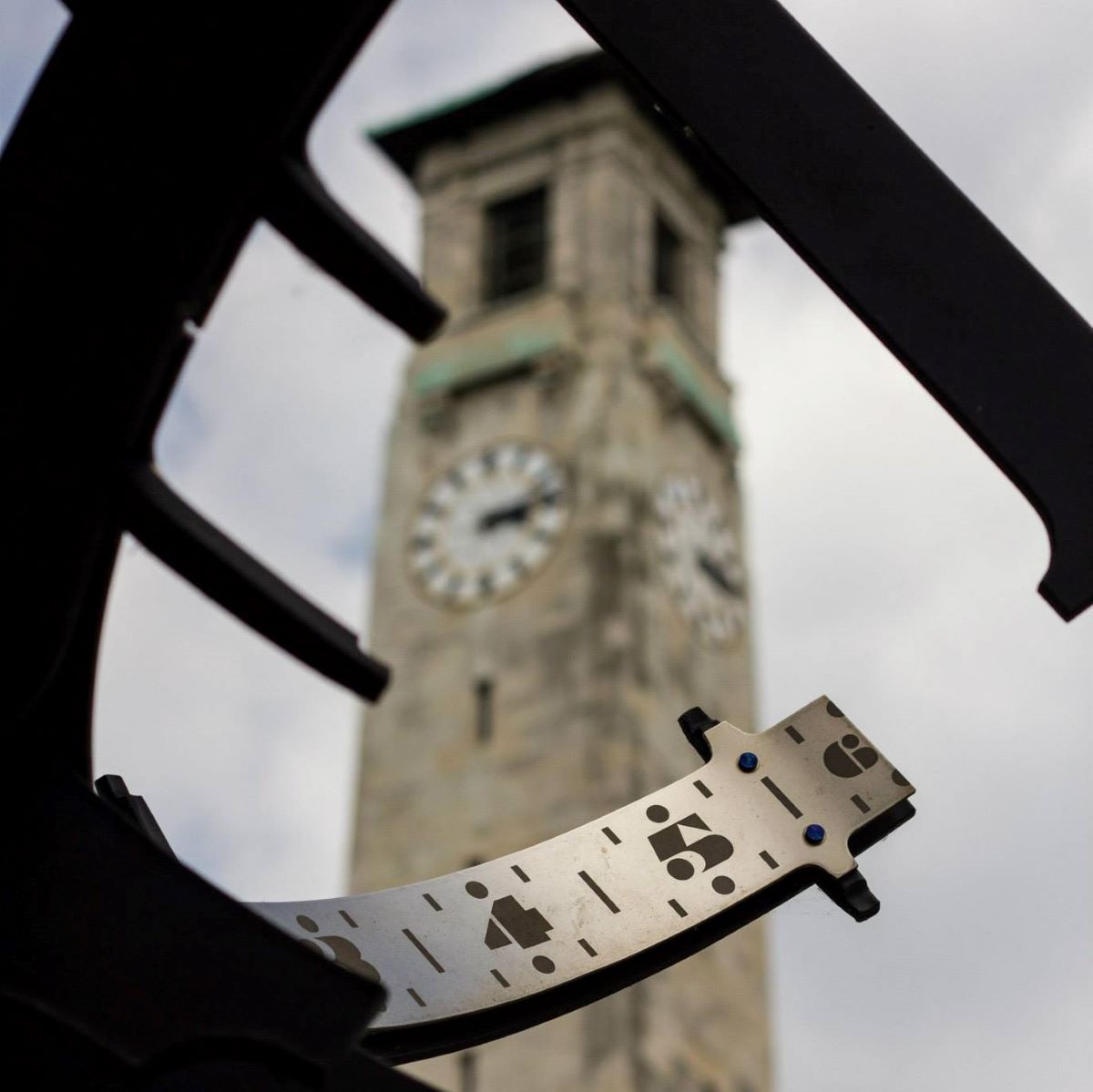By Martin Brisland. Photo: Mike Daish.
Do you regard yourself as a Sotonian? Do you live in Soton?
Have you ever wondered where these words come from?
They are thought to have been first used by a former Southern Daily Echo editor Clarence Firbank Carr (1892-1979).
Echo journalists found Southampton and Southamptonian far too long to fit easily into the newspaper’s headlines. Carr, told local Rotary club members in 1957: “These words were produced for convenience in newspaper headlines. The abbreviations for Southampton and Southamptonian were invented by the Southern Daily Echo years ago.’’
By all accounts Mr. Carr was a formidable individual referred to just as CFC by his staff. He had many interests including gliding, public speaking, beekeeping, poetry, accounting, playwriting and film scripts. His play about Charles Dickens was put on at the former Grand Theatre near the Civic Centre.
Starting as a cub reporter in Dorchester he had met Thomas Hardy and even wrote a scenario for a silent film of Far From The Madding Crowd. By 1921 he was the editor of the Dorset Daily Echo and from 1924 the assistant editor of the Southampton Echo. Becoming editor in 1941, Carr was then general manager of Southern Newspapers Ltd from 1948-1957. He helped set up the Guild of British Newspaper Editors.
Back in 1926 he modernised the Weymouth, Bournemouth and Southampton versions of the Echo by removing advertisements from the front page and replacing them with eye-catching headlines. Around this time the Sotonian and Soton abbreviations were introduced. The abbreviations did not enjoy universal approval as Norman Scholfield, Southampton’s Town Clerk of many years, dismissed the words as “literary slovenliness’’.
Earlier in 1896, King Edward VI Grammar School had launched a school magazine entitled “Sotoniensis’’ and it is still published. This Latin name reflects the academic tradition by which Oxford and Cambridge became Oxoniensius and Cantabrigiensis. Maybe C.F. Carr knew of this and it influenced his use of the name Soton?
- In Common is not for profit. We rely on donations from readers to keep the site running. Could you help to support us for as little as 25p a week? Please help us to carry on offering independent grass roots media. Visit: https://www.patreon.com/incommonsoton

